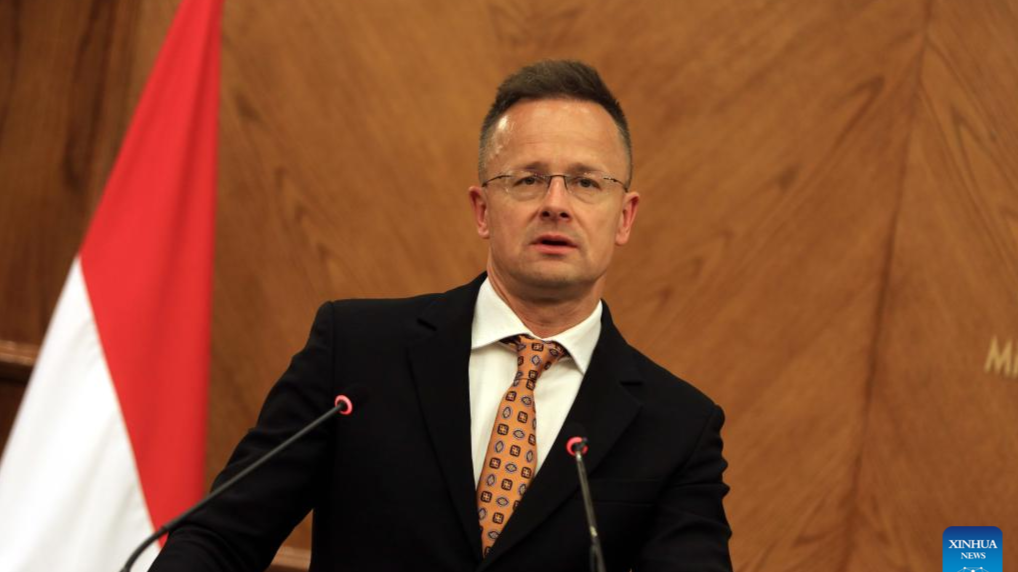
BRUSSELS/BUDAPEST - European Union (EU) countries on Monday agreed their position on rules to gradually phase out imports of Russian natural gas, marking a key step in the bloc's efforts to end reliance on Moscow's fossil fuels under its REPowerEU strategy.
According to the Council of the EU, the proposal would prohibit imports of Russian gas from Jan 1, 2026, while allowing a limited transition period for existing contracts. Short-term contracts may continue until June 17, 2026, and long-term contracts may run until Jan. 1, 2028.
The proposal also requires energy companies to disclose the origin and duration of all gas import contracts to enhance transparency and monitoring.
However, Hungarian Foreign Minister Peter Szijjarto criticized the plan.
Hungary will use all political and legal means to block the European Union's (EU) proposed REPowerEU plan aimed at banning Russian energy imports, Szijjarto said Monday in Luxembourg.
Speaking after a meeting of EU foreign and energy ministers, Szijjarto said the proposed ban had no energy, professional, security or economic justification, and only political and ideological motives.

He criticized the European Commission for what he called a lack of understanding of the proposal's potential consequences for certain member states, warning that its adoption would "seriously endanger" the energy security of Hungary and Slovakia.
Szijjarto added that pushing the package through by qualified majority voting would "openly violate EU law," arguing that it effectively constitutes a sanction measure requiring unanimous approval.
"The real impact of this package would be to destroy Hungary's and largely Slovakia's energy supply security," he said, noting that Hungary's payments for Russian oil and gas account for "only 0.2 percent of Russia's GDP."
He said Hungary rejects lectures on European solidarity while measures that undermine member states' energy security are being proposed.
ALSO READ: Russia requests urgent UN Security Council meeting on Nord Stream blasts
The EU is moving forward with a strategy to gradually phase out its dependence on Russian energy. In June, the European Commission adopted a legislative proposal to end imports of Russian gas and oil by the end of 2027.
Hungary and Slovakia, both landlocked countries, have expressed strong reservations about the plan, warning that rapid cuts could endanger their energy security and economic stability.


